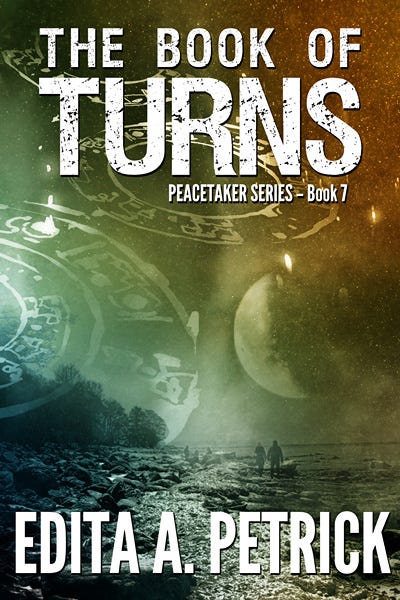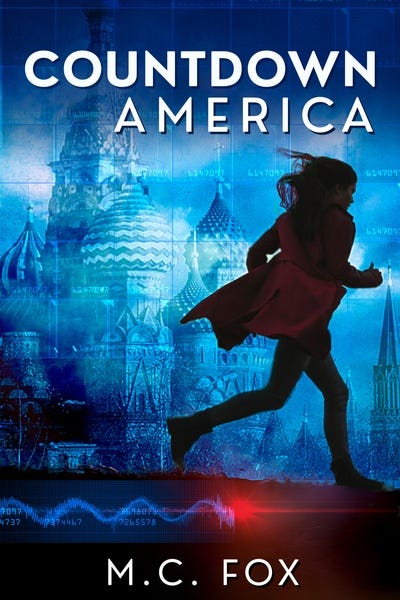July 2024 Newsletter
The Sensitivity Police Do Not Approve! 🔎🚔
Hello Readers,
I subscribe to a digital writing assistant to make the process less cumbersome. It goes deeper into the weeds than my word processor’s native spelling and grammar checker, allowing me to write more freely and return later to clean things up. (No, it does not assist me with content.)
Most of the assistance is helpful. Apparently, my writing is often done in the passive voice. Also, I have had problems using “have” and “had” too frequently.
One particular feature that has not been helpful is the “Delivery” review. Allegedly, “it helps you make the right impression.”
Within the “Delivery” function is the subcategory “Sensitivity.” Uh, oh…
I understand there are writing endeavors that require sensitive language. Mine, however, does not.
For example, my draft novel has a drug-addicted character, Alvin Waxman. The word ‘addicts’ was flagged:
The term ‘addicts’ may be considered disrespectful. Using descriptive, accurate, and up-to-date language is key to writing inclusively.
Alvin is also homeless. The writing assistant wasn’t crazy about that word, either:
Some readers may consider the word ‘homeless’ disrespectful. Wording that acknowledges people as people rather than as their circumstance or condition may be more effective.
Come on, ‘homeless’ is a precise description. Should I do linguistic cartwheels to find a more sensitive version of a benign word? Does that serve the reader?
(The Delivery checker is scrutinizing this newsletter in real time as I write about the Delivery checker. It wasn’t pleased with the use of ‘crazy about’ above:
Potentially insensitive language: Some readers may consider this use of ‘crazy about’ insensitive. Wording that’s not associated with disability may be more effective.
So, the insensitive language I used to describe my insensitive language created a swirling insensitivity vortex I may never escape from.)
Another character, Dr. Rudolph Coggins, is a paraplegic. In one passage, he labels himself “wheelchair-bound” because he spends his waking hours bound to a wheelchair. The grammar app does not like that:
The term ‘wheelchair-bound’ may suggest limitation and be considered insensitive. Simple, descriptive language may be more effective.
These suggestions reflect overly sensitive sensibilities, unnecessarily bubble-wrapping adults in softer language. Damn straight this character’s disability is a limitation, and finding a cure is the driving force of his life.
Please don’t construe my protestation to sanitizing speech as disparaging those with physical, mental, social, or economic challenges. It is about injecting reality into fiction. People think what they will; these thoughts may not be pretty or comfortable, but they are authentic.
A few other suggested fixes:
‘Doubtful’ - Delivery Tone suggestion: ‘Doubtful’ may sound overly negative to your reader. Consider rephrasing it.
‘Lame’ - Potentially insensitive language. Some readers may consider this use of ‘lame’ insensitive. Wording that’s not associated with disability may be more effective.
The ‘words hurt’ and ‘words are violence’ mindset is drivel. If you have a minimal level of resilience, which we all seemed to possess in the not-too-distant past, words should not harm you, specifically, the critical or insensitive words of strangers.
Sure, if your relative, partner, friend, or acquaintance says something shitty to you, it may tend to darken your mood. But as a grown-up, I honestly don’t give a rat’s ass about what a random stranger thinks of me or my sex, race, religion, nationality, appearance, capabilities, etc. (The app somehow didn’t flag ‘rat’s ass’ as insensitive, so I have that going for me.)
One last one: I wrote a chapter a week ago where a character reminisced about meeting Dr. Coggins during their freshman year of college. The app wanted to speak to my manager:
Some readers may find the term ‘freshman’ non-inclusive. If you don’t mean to specify gender in this context, a different term may be more effective.
So, apologies in advance for my non-inclusiveness and the emotional damage caused by using harmful words like “freshman.” The thesaurus recommends using newcomer, fledgling, starter, neophyte, newbie, intrant, or entrant, and I promise to carefully consider those alternatives before the book is published.
Take care,











Don’t change. Can’t wait for the new book